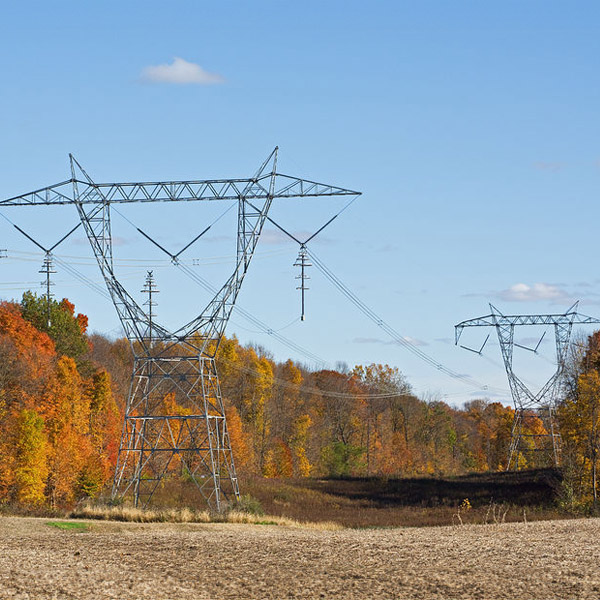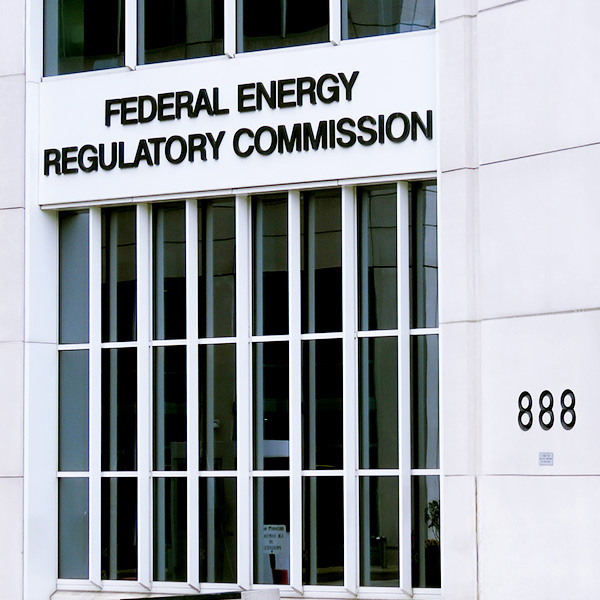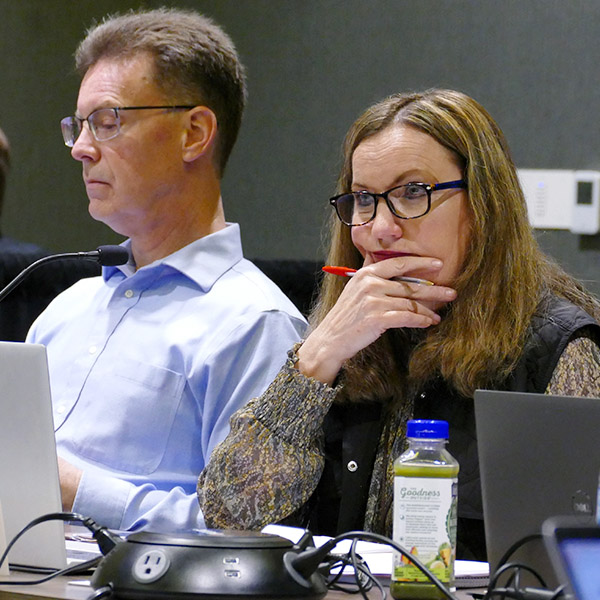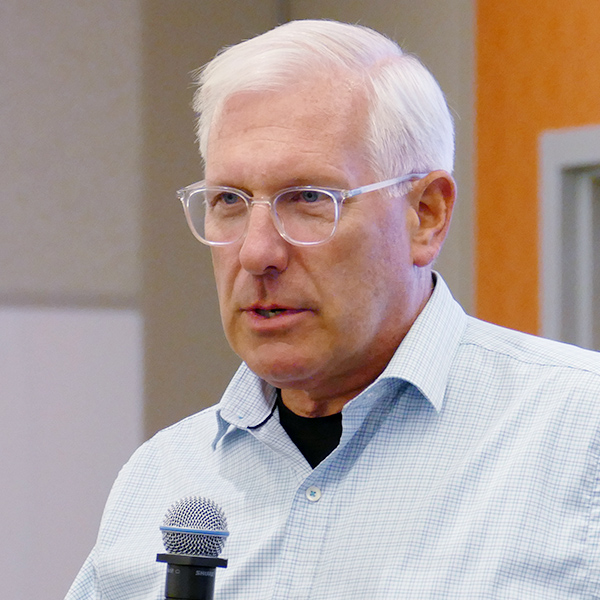Public Policy
Environmental RegulationsReliabilityState & RegionalAlabamaAlaskaArizonaArkansasCaliforniaColoradoConnecticutDelawareDistrict of ColumbiaFloridaGeorgiaHawaiiIdahoIllinoisIndianaIowaKansasKentuckyLouisianaMaineManitobaMarylandMassachusettsMichiganMinnesotaMississippiMissouriMontanaNebraskaNevadaNew HampshireNew JerseyNew MexicoNew YorkNorth CarolinaNorth DakotaOhioOklahomaOregonPennsylvaniaRhode IslandRTO-IndianaSouth CarolinaSouth DakotaTennesseeTexasUtahVermontVirginiaWashingtonWest VirginiaWisconsinWyoming
New Jersey’s Board of Public Utilities released an update to its proposed Storage Incentive Program that changes how the subsidies for utility-scale projects are determined as the state shoots for 2,000 MW of total capacity by 2030.
In the wake of President-elect Donald Trump’s victory Nov. 5, the clean energy industry is now obsessing over how far the next administration will push his own agenda in favor of fossil fuels,
Duke Energy reported third-quarter earnings of $1.226 billion ($1.60/share), a dip of about 15% from the same period in 2023, as its utility territories were hit by three hurricanes.
Newly minted American Electric Power CEO Bill Fehrman is promising to “embrace large load opportunities,” leverage its expertise in 765-kV transmission and deliver more positive regulatory outcomes.
Change is coming to FERC after Tuesday's election, but the policies the agency oversees are rarely top of mind during campaigns, so it is unclear how much will be different.
Several clean energy industries were clear losers after former President Trump's reelection, and offshore wind and EV company stocks took hits the day after the election.
South Dakota’s Kristie Fiegen and North Dakota’s Randy Christmann have been reelected to their respective states' regulatory commissions, ensuring their future involvement on SPP’s Regional State Committee.
The Southeast’s traditionally risk-averse vertically integrated utilities are now embracing the clean energy transition, driven by economic development in the form of new industry and data centers.
Eversource Energy’s exit from the offshore wind business drove a $118 million loss in the third quarter of 2024, offsetting increased revenue from its electric and gas distribution business relative to 2023, the company told investors.
The PJM Markets and Reliability Committee endorsed two issue charges sponsored by LS Power addressing the transparency and functionality of PJM’s marginal effective load-carrying capability accreditation methodology.
Want more? Advanced Search










